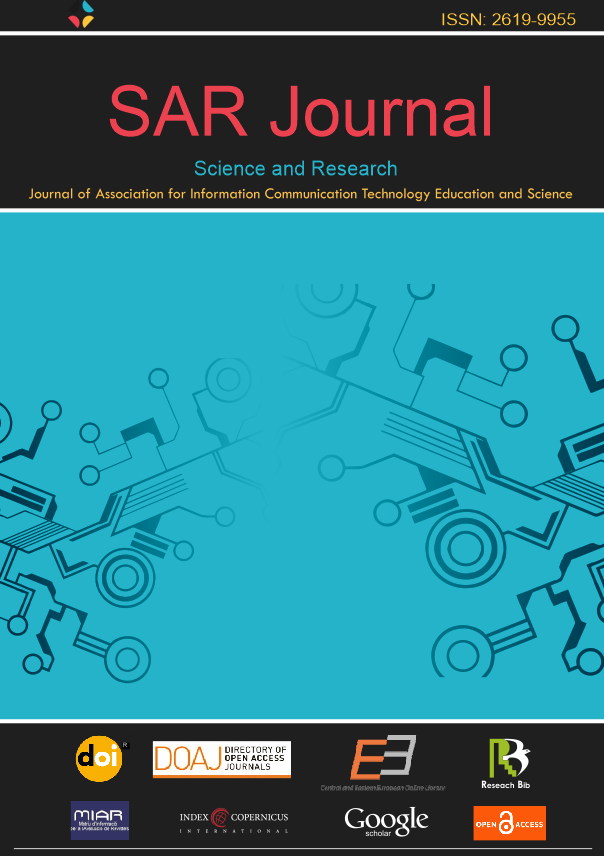Assessing the State of Preservation After Adaptive Reuse: Three Historic Madrasas in Istanbul-A Case Study
Assessing the State of Preservation After Adaptive Reuse: Three Historic Madrasas in Istanbul-A Case Study
Author(s): Zeynep Aytekin, Ruba Tamim KasmoSubject(s): Education, State/Government and Education
Published by: UIKTEN - Association for Information Communication Technology Education and Science
Keywords: Istanbul; madrasa; adaptive reuse; building preservation; authenticity
Summary/Abstract: Heritage buildings serve as witnesses to our past and the keeper of our shared values. While adaptive reuse stands as a sustainable method for effectively preserving and converting them into an active resource for the future, it must be supported by a thorough and multidisciplinary research in order to make informed judgments and implement appropriate solutions. The paper assesses the adaptive reuse of three historic madrasas in Istanbul and examines its impact on their preservation status. The selected madrasas are Mihrimah Sultan (1548), Şemsi Ahmed Paşa (1580), and Kılıç Ali Paşa madrasas (1588). The selected case studies are presented using data from literature, archival research, and field observations, and their adaptive reuse is evaluated using criteria established in the literature. According to the findings, adaptive reuse had a detrimental impact on the cultural significance of these valuable buildings.
Journal: SAR Journal - Science and Research
- Issue Year: 6/2023
- Issue No: 3
- Page Range: 161-172
- Page Count: 12
- Language: English

